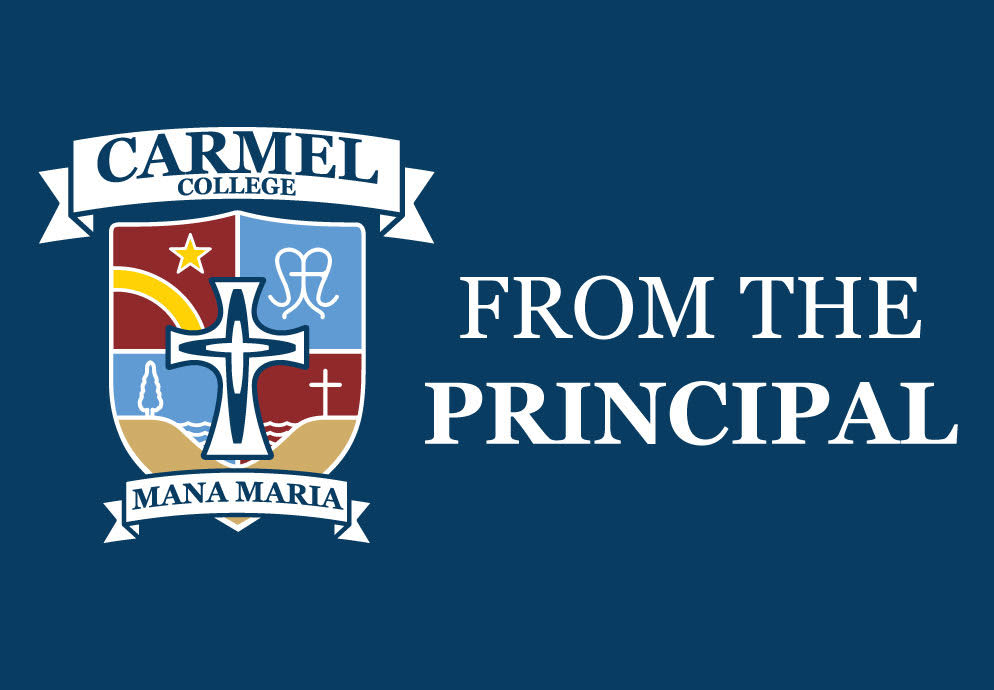Tena koutou katoa. Nga mihi atawhai nui.
What is this thing called resilience? “It’s your ability to withstand adversity and bounce back and grow despite life’s downturns,” says Amit Sood, MD, the Executive Director of the Global Center for Resiliency and Well-Being, creator of the Resilient Option programme, and former professor of medicine at the Mayo Clinic in Rochester, Minnesota.
Resilience is typically defined as the capacity to recover from difficult life events.
Resilience is not a trampoline, where you’re down one moment and up the next. It’s more like climbing a mountain without a trail map. It takes time, strength, and help from people around you, and you’ll likely experience setbacks along the way. But eventually you reach the top and look back at how far you’ve come.
Research shows that learning and adopting simple habits that are scientifically proven to improve resilience has a huge payoff: Being more resilient means you’re better able to navigate life’s challenges from a place of strength and conviction. And this skill has perhaps never been as important as it is right now…
“COVID-19 has produced an enormous cognitive and emotional load — and decimated our sense of security and control,” says Sood.
Marcus Buckingham, ADP Research Institute, in an article published in Harvard Business School Publications, set out to research which people were more resilient in this time of Covid. His initial hypothesis was that ‘those countries which had responded most effectively to the Covid epidemic would display the most resilient workforce’. And what he found was that this hypothesis was totally wrong!
Buckingham found that resilience levels were not connected to gender, age, ethnicity or nationality. What he did find was two things:
- Resilience is a reactive state of mind created by exposure to suffering. The people who had the most exposure to Covid, either personally or through friends, family or workplace, were 3.9 times more likely to be highly resilient.
- The more tangible the threat, the more resilient we become. The question was asked about how much change had taken place in their working conditions and those who had experienced more changes were 13 times more likely to be highly resilient.
Buckingham’s conclusion was one that we as educators and parents, can apply to our interactions with our young people. He suggests that ‘Instead of downplaying the reality, tell it straight. Don’t rush back to normal in an effort to assuage fear and anxiety. … Show people in practice what the ‘new normal’ is and why, and then trust them to figure out how to live happily and healthily inside this new normal’.
‘It’s the unknown that scares us. Show us the truth’ and Buckingham assures us ‘we will reveal the true reserves of our power’.
How do I know if I’m resilient? Take the Everyday Health Assessment to find out your resilience score, and learn what skills you should develop to become more resilient.
‘Resilience is based on compassion for ourselves as well compassion for others’. Sharon Salzberg

